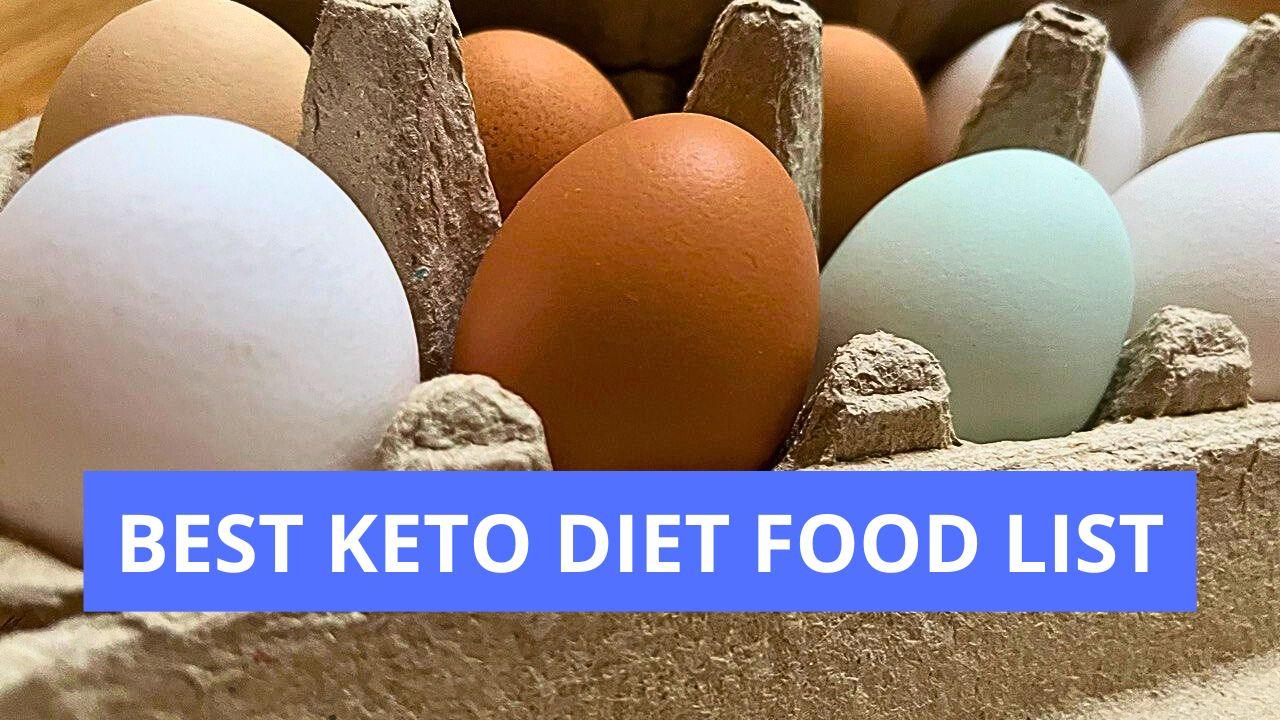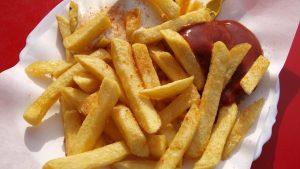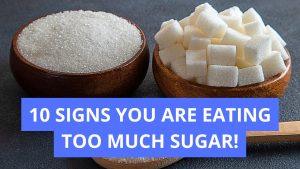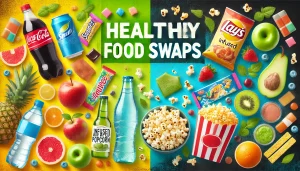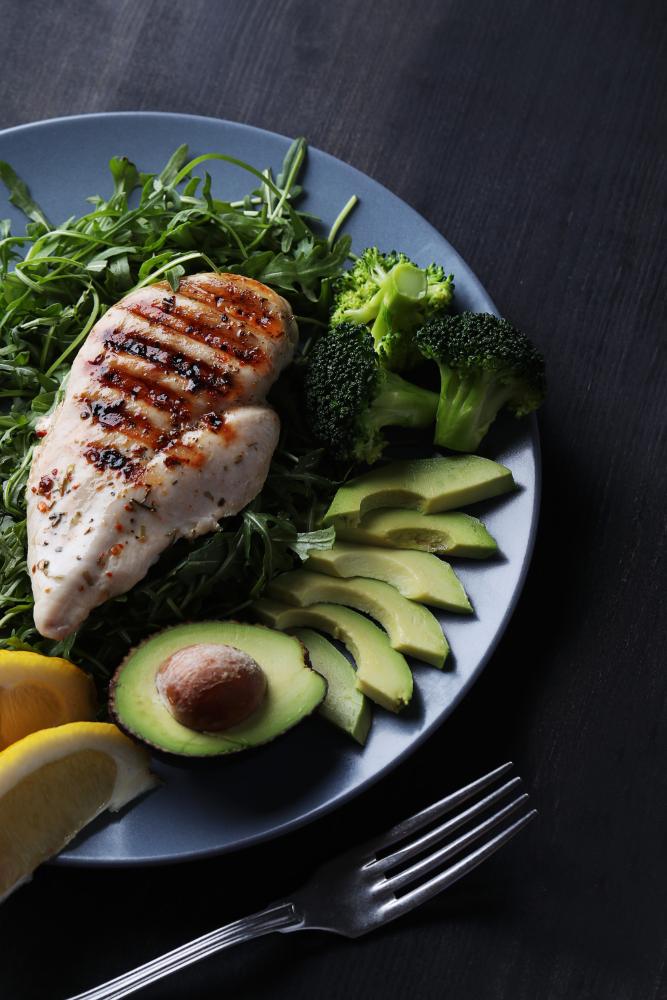Introduction
Are you ready to embark on your keto journey in 2024? Whether you’re a seasoned keto enthusiast or just starting, having a reliable list of keto-friendly foods is essential for your success. The ketogenic diet, known for its low-carb, high-fat approach, has taken the world by storm, helping countless people achieve their health and weight loss goals. Did you know that a well-structured keto diet can help you burn fat more efficiently while keeping your energy levels high? Let’s dive into the best foods to keep in your pantry and fridge to stay on track with your keto lifestyle!
Table of Contents
What is the Keto Diet?
The ketogenic diet, or keto for short, is a low-carb, high-fat diet that shifts your body into a state of ketosis. In ketosis, your body switches from burning carbohydrates for energy to burning fat. This metabolic state is achieved by drastically reducing your carbohydrate intake and replacing it with fats. When your body enters ketosis, it becomes incredibly efficient at burning fat for fuel, which can lead to weight loss and other health benefits such as improved mental clarity, reduced inflammation, and stabilized blood sugar levels.
Essential Keto Foods to Stock Up On
To maintain a successful keto diet, it’s crucial to fill your kitchen with the right foods. Here’s a list of essential keto-friendly foods you should always have on hand:
- Meats: Beef, pork, chicken, lamb, and other fatty cuts of meat are staples in the keto diet. These provide protein and fat with minimal carbs.
- Fish and Seafood: Fatty fish like salmon, mackerel, and sardines are excellent sources of omega-3 fatty acids and protein.
- Eggs: A versatile keto-friendly food, eggs are rich in protein and healthy fats.
- Dairy: Full-fat dairy products like cheese, butter, and heavy cream are perfect for adding richness to your meals.
- Low-Carb Vegetables: Non-starchy vegetables like spinach, kale, broccoli, cauliflower, and zucchini are great for adding fiber and nutrients without the carbs.
- Healthy Fats and Oils: Avocado oil, olive oil, coconut oil, and butter are essential for cooking and dressing your meals.
- Keto Snacks: Keep keto-approved snacks like pork rinds, cheese sticks, and nuts on hand for when hunger strikes.
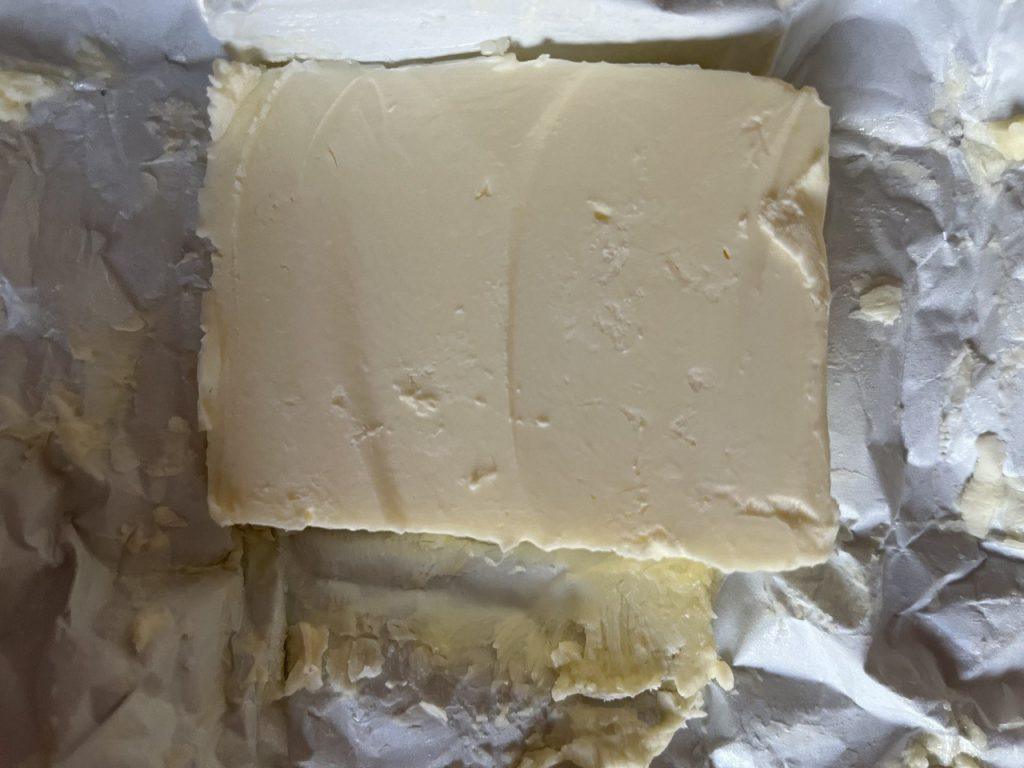
Top Protein Sources for the Keto Diet
Protein is a critical component of the keto diet. It helps to build and repair tissues, and it’s also essential for maintaining muscle mass during weight loss. Here are the best protein sources to include in your keto diet:
- Animal-Based Proteins: Beef, chicken, turkey, pork, lamb, and fatty cuts of meat are your go-to choices. These provide high-quality protein and fats.
- Fish and Seafood: Salmon, tuna, trout, mackerel, and shellfish like shrimp and crab are rich in protein and healthy fats.
- Plant-Based Proteins: For those who prefer plant-based options, tofu, tempeh, and seitan can fit into a keto diet when consumed in moderation.
- High-Quality Sources: Opt for grass-fed, organic, and pasture-raised meats whenever possible to ensure the highest nutrient content.
Keto-Friendly Fruits and Vegetables
While fruits are generally limited on keto due to their high sugar content, there are a few that can be enjoyed in moderation. Vegetables, especially non-starchy ones, are an essential part of a keto diet.
- Best Low-Carb Vegetables: Leafy greens like spinach, kale, and Swiss chard, along with cruciferous vegetables such as broccoli, cauliflower, and Brussels sprouts, are excellent choices.
- Keto-Friendly Fruits: Berries, such as strawberries, raspberries, and blackberries, are low in carbs and can be enjoyed in small amounts.
- Incorporation Tips: Use these fruits and vegetables in salads, stir-fries, and as side dishes to add variety and nutrition to your meals.
Dairy and Non-Dairy Alternatives for Keto
Dairy can be a great addition to your keto diet, offering both fat and protein. However, it’s essential to choose full-fat options and avoid those with added sugars.
- Best Dairy Products: Cheese, butter, heavy cream, and full-fat yogurt are all keto-friendly. They add richness to your dishes and help keep you satisfied.
- Non-Dairy Alternatives: Almond milk, coconut milk, and coconut yogurt are excellent non-dairy substitutes. Make sure to choose unsweetened varieties to keep carbs low.
- Product Selection: Read labels carefully to avoid hidden carbs, particularly in flavored or low-fat products.
Nuts and Seeds: Small Snacks with Big Benefits
Nuts and seeds are perfect for snacking on a keto diet. They provide a good mix of fats, protein, and fiber, making them both satisfying and nutritious.
- Keto-Approved Nuts: Almonds, walnuts, macadamia nuts, and pecans are among the best options. They are low in carbs and high in healthy fats.
- Keto-Friendly Seeds: Chia seeds, flaxseeds, and pumpkin seeds are excellent sources of omega-3 fatty acids and fiber.
- Portion Control: Nuts and seeds can be calorie-dense, so it’s important to enjoy them in moderation to avoid overeating.
Sweeteners and Spices to Elevate Your Keto Meals
One of the challenges of the keto diet is satisfying your sweet tooth without consuming sugar. Fortunately, there are keto-friendly sweeteners that can help.
- Keto-Friendly Sweeteners: Stevia, erythritol, monk fruit, and allulose are all safe sweeteners for keto. They provide sweetness without the carbs or sugar spikes.
- Flavorful Spices: Herbs and spices like garlic, basil, oregano, cinnamon, and turmeric can add depth and flavor to your dishes without adding carbs.
- Recipe Ideas: Use these sweeteners in keto desserts or beverages, and experiment with spices to create flavorful, keto-friendly meals.
Drinks and Beverages on a Keto Diet
Staying hydrated is crucial on a keto diet, especially as your body adjusts to burning fat for fuel. Here are some keto-approved beverages:
- Best Keto-Friendly Drinks: Water should be your primary beverage. You can also enjoy unsweetened tea, black coffee, and bone broth.
- Keto-Approved Alcohol: If you choose to drink alcohol, opt for low-carb options like dry wine or spirits (vodka, gin, whiskey) with a sugar-free mixer.
- What to Avoid: Sugary drinks, fruit juices, and soda are all high in carbs and should be avoided on keto. Even diet sodas can trigger cravings, so consume them sparingly.
Foods to Avoid on a Keto Diet
While it’s important to know what to eat on keto, it’s just as crucial to understand what to avoid. These foods can kick you out of ketosis and stall your progress:
- High-Carb Foods: Bread, pasta, rice, cereals, and other grains are off-limits due to their high carbohydrate content.
- Sugary Foods: Sweets, candies, and desserts made with sugar are a big no-no. Even natural sugars like honey and maple syrup are too high in carbs for keto.
- Starchy Vegetables: Potatoes, sweet potatoes, corn, and peas are high in starch and should be avoided.
- Hidden Carbs: Always read food labels to watch for hidden carbs in sauces, condiments, and packaged foods. Ingredients like maltodextrin, dextrose, and added sugars can add up quickly.
Conclusion
Maintaining a successful keto diet starts with understanding what foods to eat and what to avoid. By stocking up on the right ingredients and making informed choices, you’ll be well on your way to achieving your health goals in 2024. Whether you’re looking to lose weight, boost your energy, or improve your mental clarity, the right keto-friendly foods can make all the difference. Ready to take the next step? Start by creating your shopping list and meal planning for the week ahead. Your keto journey begins now!

